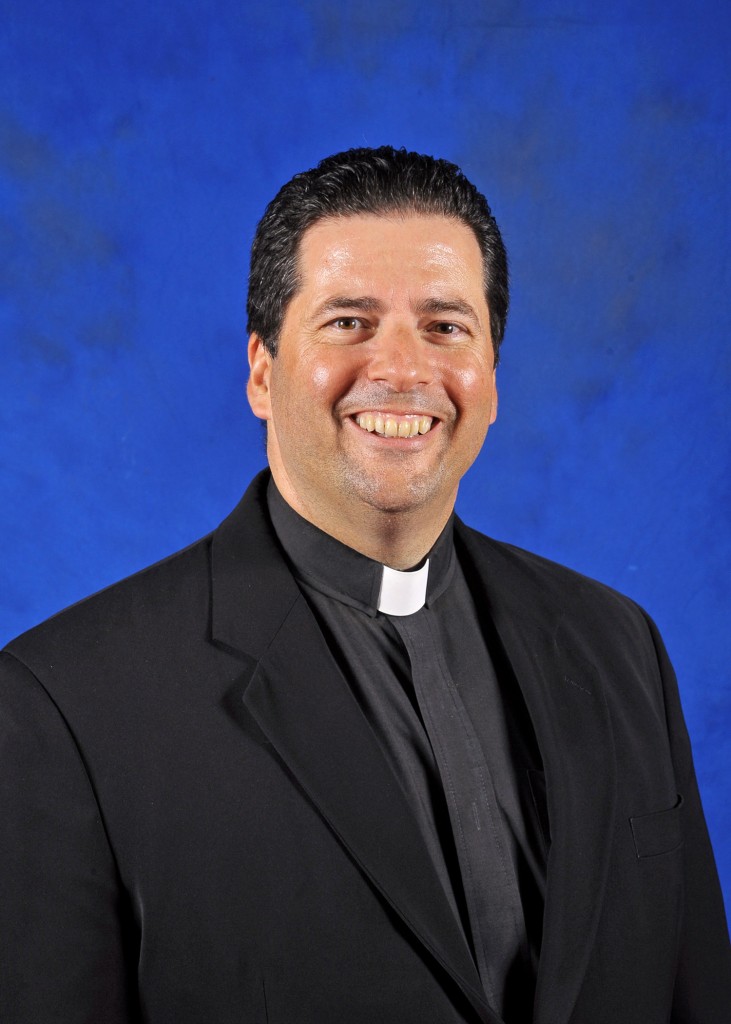 The Rev. James J. Maher, C.M., Niagara U President calls for a vision of peace in a post The Huffington Post website, titled To Combat World Poverty, a Multi-Faith Approach: Unity Can Conquer An Ignominious Life for those Trapped by Hunger.
The Rev. James J. Maher, C.M., Niagara U President calls for a vision of peace in a post The Huffington Post website, titled To Combat World Poverty, a Multi-Faith Approach: Unity Can Conquer An Ignominious Life for those Trapped by Hunger.
His post was based on the keynote address he gave during a conference on June 9 in Istanbul, Turkey. Some excerpts…
Pope Francis conveys the message that poverty, one of the most critical and vexing issues challenging the human family, will only be solved by leaders who bring others together to pray, study, serve and work. The pontiff made this very clear when, on his recent visit to the Holy Land, he invited two friends to join him in prayer, Rabbi Abraham Stork and Sheik Omar Abbudd, both widely respected leaders among their respective faith communities and beyond.
The pope’s actions challenge all of us: while grounded in our own traditions, we should leave our “comfort zones” and form relationships with others to serve those who live in poverty and on the margins of life. It is my fundamental belief that this very approach is evidenced in God’s inspiration at the heart of all sacred the texts on this subject. In Islam, the Koran envisions “the world as God’s unveiling of himself,” seeing the world flush with God’s signs, messages and presence. Judaism’s Great Prayer of Israel exhorts, “Love the Lord your God with all your heart and soul and love your neighbor as yourself.” In Christianity, the first Christians lived the principle of Koininia, individuals in conscious need of one another, in a dynamic community, lives bound together as members of the Body of Christ.
….
Like Vincent, and in the newer traditions of Pope Frances, Fethullah Gulen, Rabbi Stork and Sheik Abbudd, we must develop a vision for peace through interfaith dialogue. And, with one voice, we must embrace each other as one community of the One God. We must stand united together to build a future of peace, where we shoulder the responsibility for the well-being of each other. It is through this act of love and caring that we may find true peace and justice that transcend our communities.
Click here to read the whole post







In an article in the latest issue of Theological Studies, Jesuit Roger Haight proposes St. Ignatius’ Spiritual Exercises as an ecumenical strategy. Father Maher does not only propose service of the poor as an ecumenical strategy; what he propose is also a strategy for understanding and collaboration among Christians and non-Christians. Gal 2, 10 and Mt 25, 31-46 surely support such an approach.
Any Vincentian theologian out there willing to submit for publication in a theological journal an article, as scholarly as Haight’s, along the lines of Maher’s multi-faith vision?
Great question/challenge Ross.
Thanks, John. And if I may, I’d like to suggest, off the top of my head, sections that could make a study that may be titled, “Being mindful of the Poor: A Strategy for Ecumenism and for Mutual Understanding and Cooperation among Christians and Non-Christians”:
What do Scriptures, tradition and history, Islam, Buddhism, Hinduism, other religious traditions, atheism say on this question?
What can one conclude from the data uncovered?
What are the insights and practice in this regard of Vincent de Paul, Louise de Marillac, Elizabeth Ann Seton, Frederic Ozanam, other from the Vincentian tradition?
Someone from the Vincentian Family do the study, please.